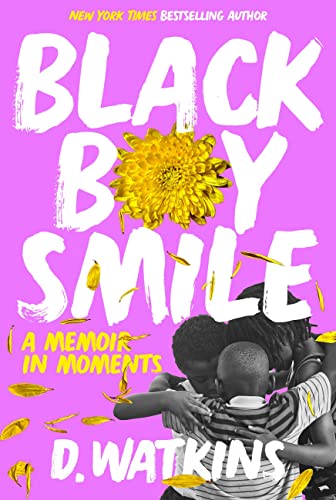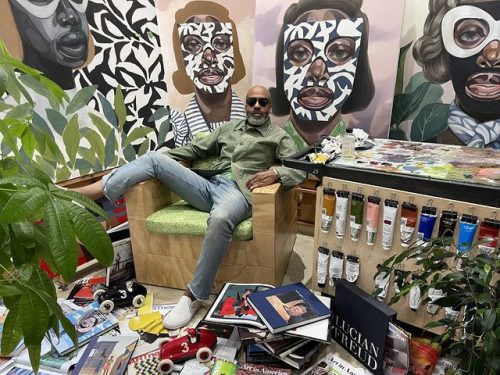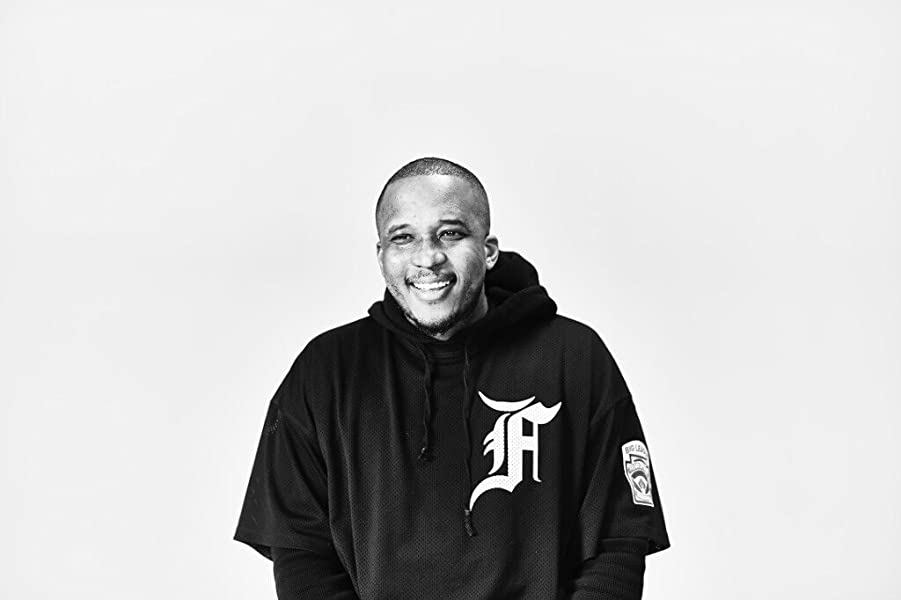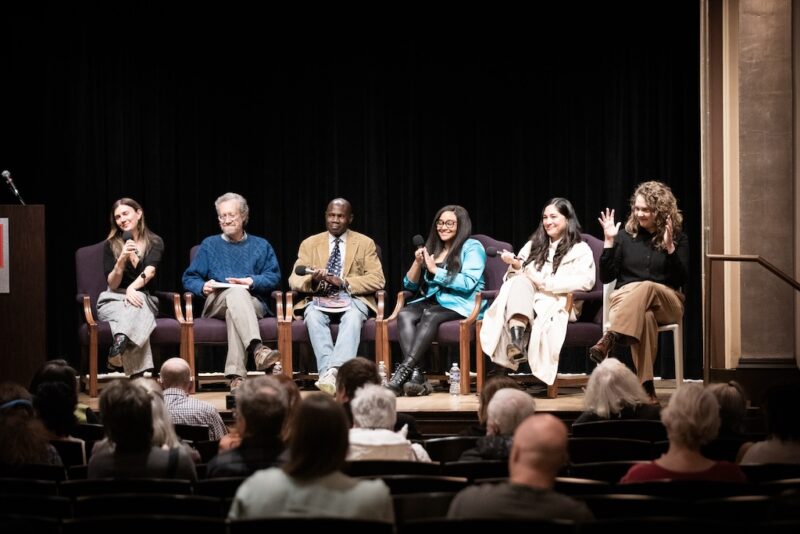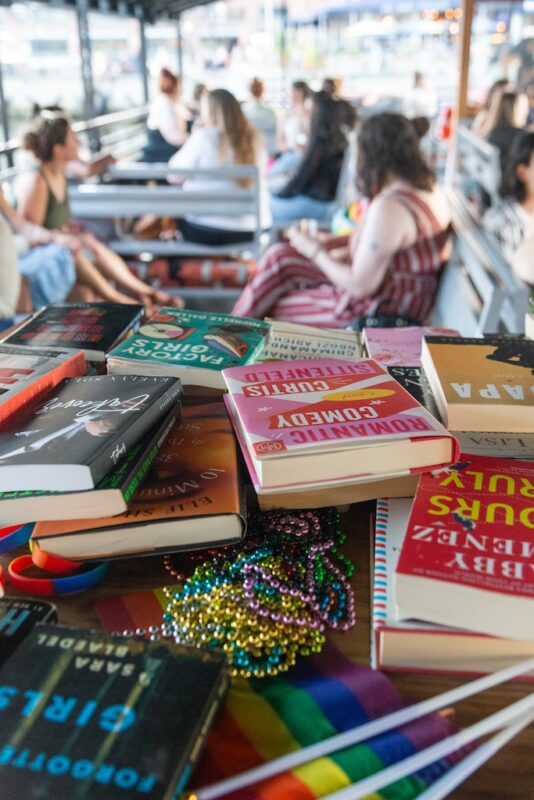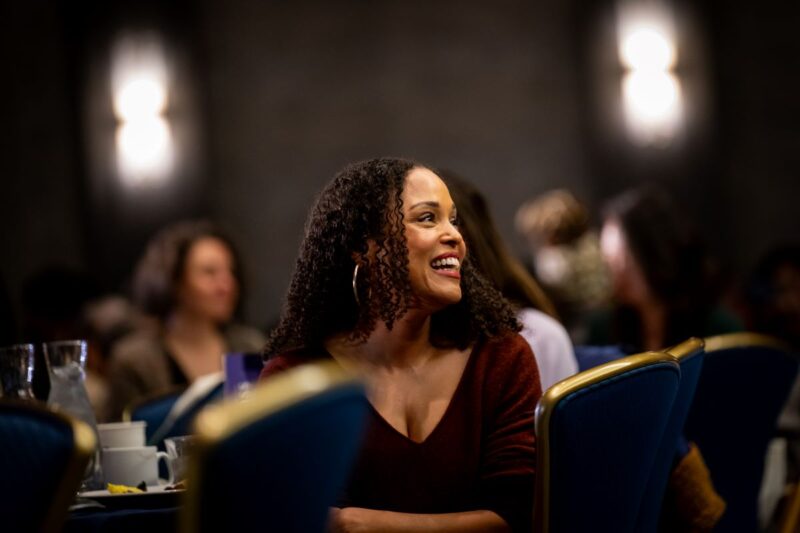With his usual skill for detail and humor, Watkins paints scenes that place us right in the heart of East Baltimore. A master storyteller, he authentically brings the voices of the hood to the page–something that many lesser writers fail to do when writing about Baltimore. We tiptoe through the trenches with him as he relives the scenes that shaped his youth and left him with permanent scars, like “the battles that had knocked the teeth out of my mouth, chunks out of my flesh, and left me limping.”
Whether it’s intentional or not, Black Boy Smile provides a time stamp for Baltimore’s drug game as it viciously snatches young men into its helms. Watkins is no exemption. He too becomes seduced by the streets and he’ll go to any length to protect his territory.
“Going to jail, being shot, and letting down our families is always worth the reward of living like a f*cking star—like roses, so beautiful to have them, we endure the pricks from their thorns,” he writes. When there’s a shortage of love at home, the streets are always waiting to reel you in with shiny things that temporarily soothe and comfort you. Watkins reminds us how easily young Black men get pulled into the drug trade without an exit strategy. Over the course of the book, it becomes difficult to keep up with the body count of friends that are lost to gun violence.
As his pain pours from the page, you don’t know whether to feel sorry for him or to cheer him on. Many of the chapters feel like you are eavesdropping on the therapy session of a young man who has relied on pain as the prescription for his disappointment. As many of the adults in his life repeatedly let him down, Watkins finally becomes the authority in his own life. In the end, it’s ultimately love that saves and redeems the new father. Watkins finally trades in his pistol for a wedding band. We rarely find a redemption story where Black love leads, but this memoir leaves you believing in love and second chances.
Black Boy Smile is a subtle reminder that very few leave Baltimore unscathed. Rarely do young Black men escape the perils of the city without being impacted by drugs and violence, which often shapes generations. Most of D’s friends don’t live long enough to tell their stories or find a lasting love, and his story is representative of young Black boys in East and West Baltimore who are mishandled by adults, let down by parents, and often left to find care temporarily in the streets.
Not only is this book a compelling story of familial love and redemption, it should also serve as a case study for educators in urban environments. It highlights all the ways that unaddressed trauma in Baltimore shows up in the form of violence. While this trauma can lead some young people down the wrong path, this book is also a testament of who you can become if you are determined enough to divorce the streets and begin life again.
***
